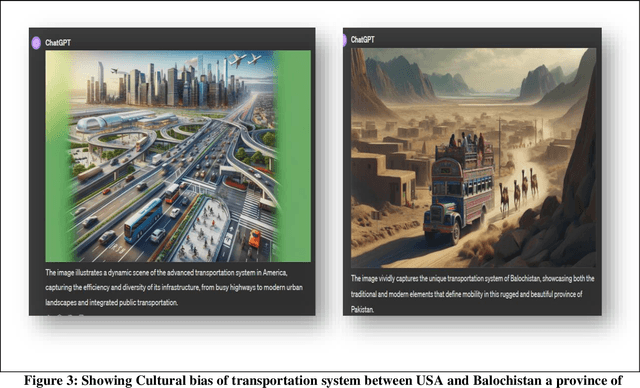Alyson Wright
Generative AI and Digital Neocolonialism in Global Education: Towards an Equitable Framework
Jun 06, 2024



Abstract:This paper critically discusses how generative artificial intelligence (GenAI) might impose Western ideologies on non-Western societies, perpetuating digital neocolonialism in education through its inherent biases. It further suggests strategies for local and global stakeholders to mitigate these effects. Our discussions demonstrated that GenAI can foster cultural imperialism by generating content that primarily incorporates cultural references and examples relevant to Western students, thereby alienating students from non-Western backgrounds. Also, the predominant use of Western languages by GenAI can marginalize non-dominant languages, making educational content less accessible to speakers of indigenous languages and potentially impacting their ability to learn in their first language. Additionally, GenAI often generates content and curricula that reflect the perspectives of technologically dominant countries, overshadowing marginalized indigenous knowledge and practices. Moreover, the cost of access to GenAI intensifies educational inequality and the control of GenAI data could lead to commercial exploitation without benefiting local students and their communities. We propose human-centric reforms to prioritize cultural diversity and equity in GenAI development; a liberatory design to empower educators and students to identify and dismantle the oppressive structures within GenAI applications; foresight by design to create an adjustable GenAI system to meet future educational needs; and finally, effective prompting skills to reduce the retrieval of neocolonial outputs.
 Add to Chrome
Add to Chrome Add to Firefox
Add to Firefox Add to Edge
Add to Edge